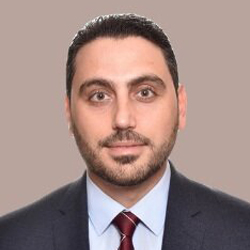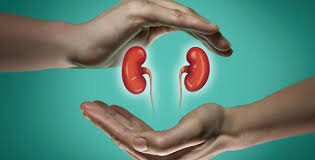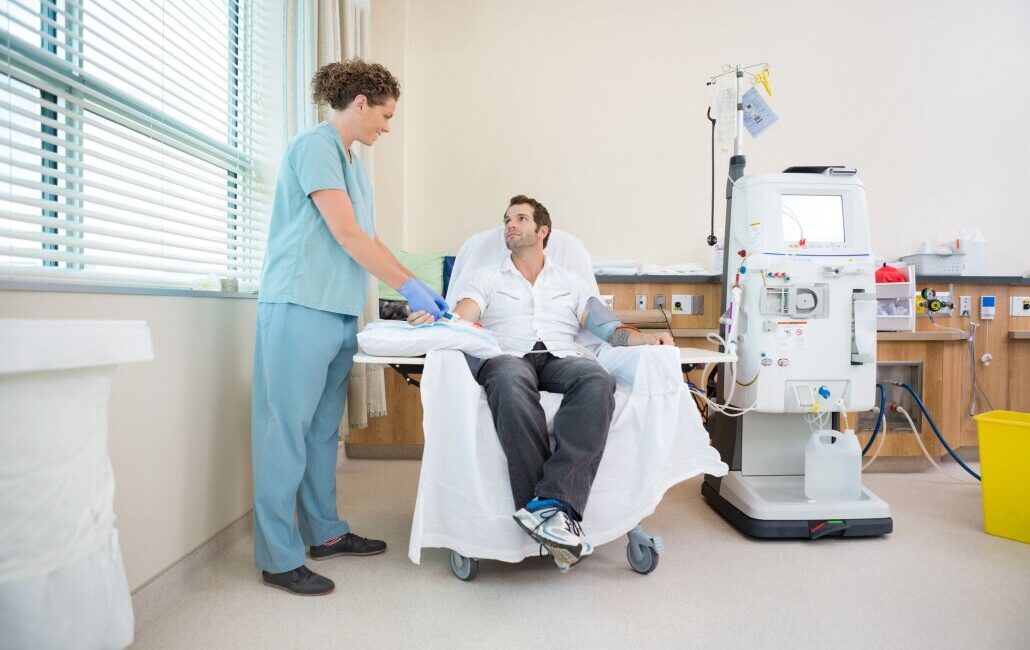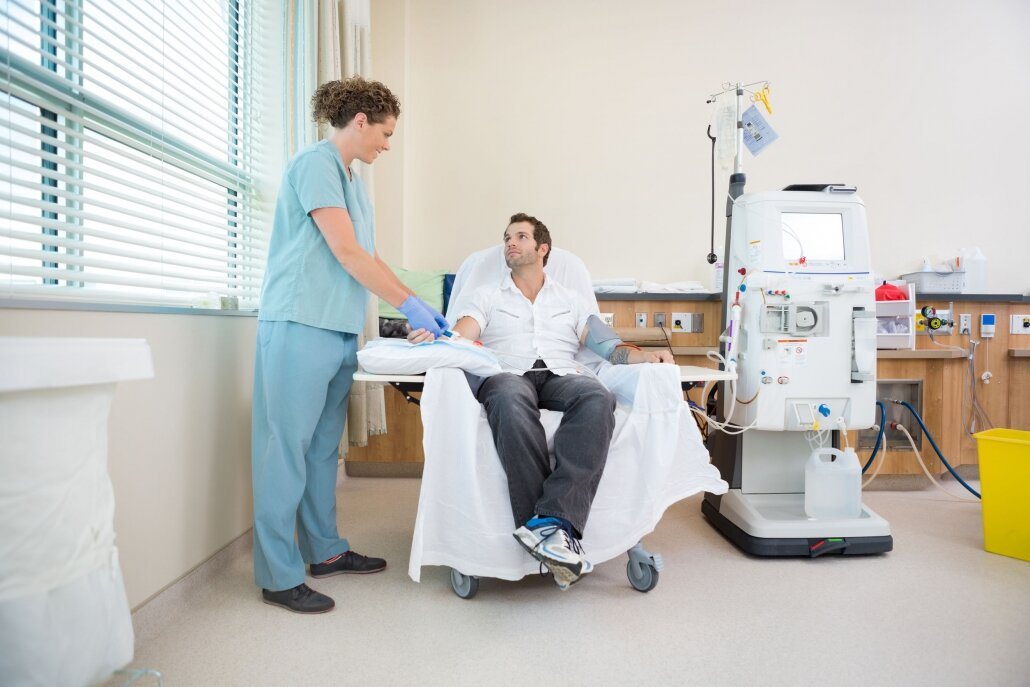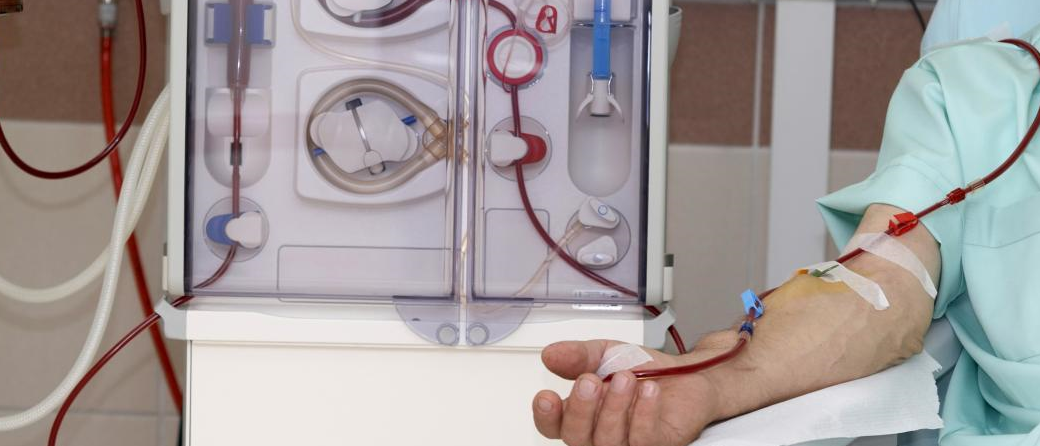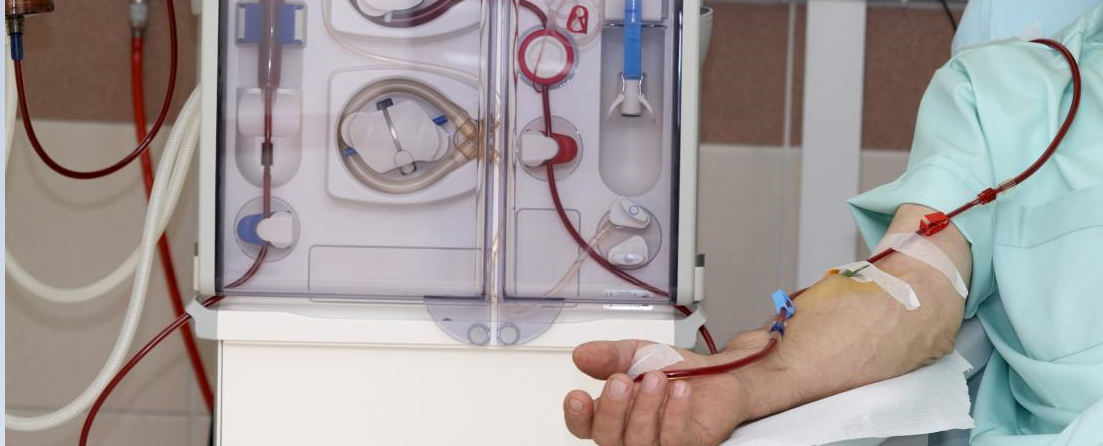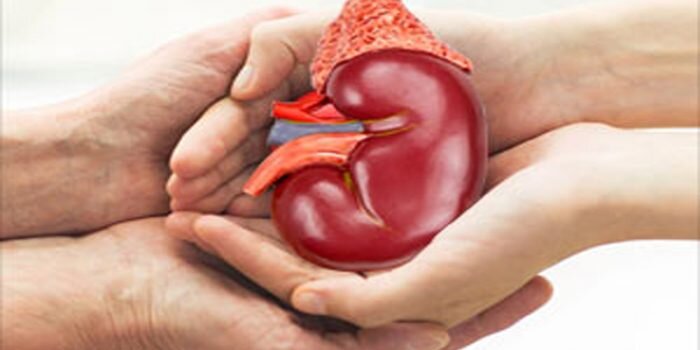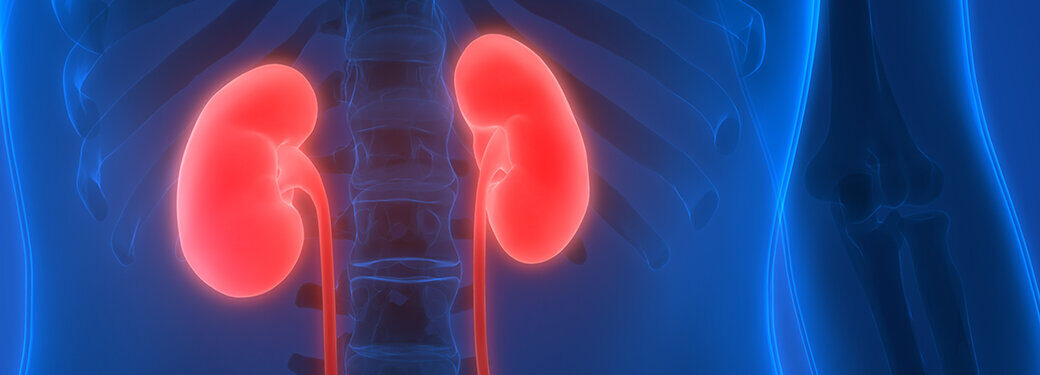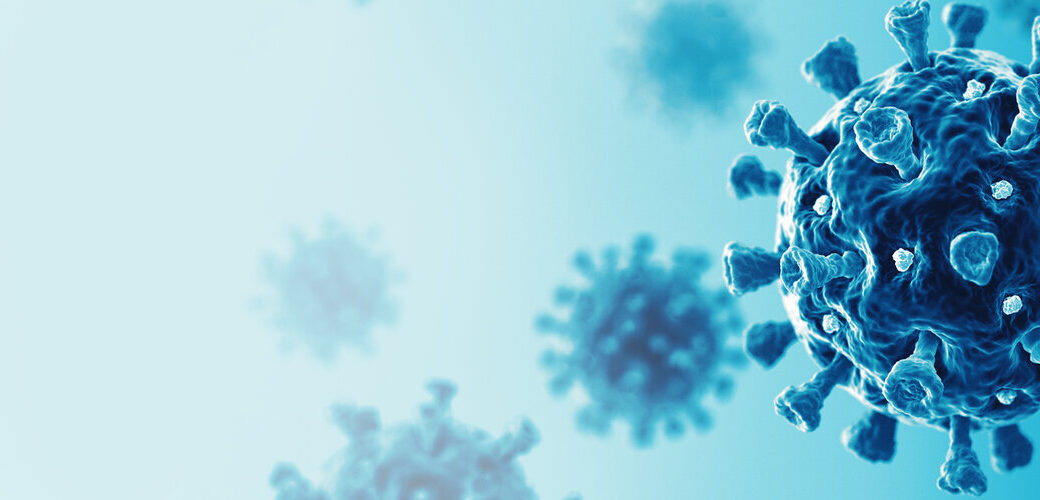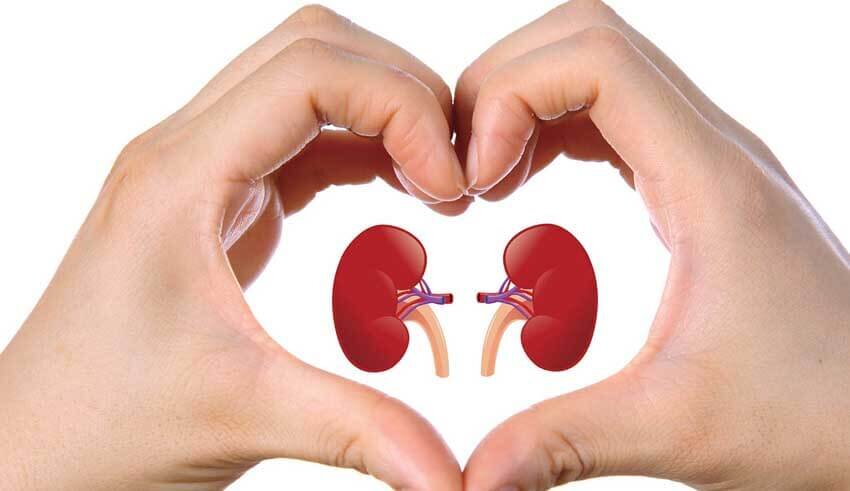
AS AREAS START TO OPEN UP, WHAT PRECAUTIONS SHOULD I CONTINUE TO TAKE?
It is important to remain aware of the virus and stay informed regarding changes especially if you are in the high-risk category. The CDC provides guidelines for how to protect yourself and others during this time. Stay in touch with your healthcare provider and seek assistance when needed.
ARE RESOURCES AVAILABLE REGARDING COVD-19 SPECIFICALLY FOR PEOPLE WITH KIDNEY DISEASE?
Yes! The listed organizations, along with countless others, are working hard to provide updates and resources on COVID-19. Be sure to check each organization’s website regularly as new information and resources become available.
- American Kidney Fund (AKF): www.kidneyfund.org/coronavirus Kidney Community
- Emergency Response (KCER) Coalition: www.kcercoalition.com/covid-19
- DaVita: www.davita.com/covid-19-information
- American Association of Kidney Patients (AAKP): www.aakp.org
AM I AT A HIGHER RISK FOR CATCHING COVID-19 IF I HAVE KIDNEY DISEASE?
Everyone is at risk of getting COVID-19. Based on what we know now, those at high-risk for severe illness from COVID-19 are:
- People 65 years and older
- People who live in a nursing home or long-term care facility
- People of all ages with underlying medical conditions, particularly if not well controlled
- People with chronic lung disease or moderate to severe asthma
- People who have serious heart conditions
- People who are immunocompromised Many conditions can cause a person to be immunocompromised, including cancer treatment, smoking, bone marrow or organ transplantation, immune deficiencies, poorly controlled HIV or AIDS, and prolonged use of corticosteroids and other immune weakening medications
- People with severe obesity (body mass index [BMI] of 40 or higher)
- People with diabetes
- People with chronic kidney disease undergoing dialysis
- People with liver disease
If you have a kidney transplant and are taking immunosuppressant medicine, you may also be at a higher risk. Take the recommended CDC steps to reduce your risk of catching COVID-19.
HOW CAN I PROTECT MYSELF FROM COVID-19?
The CDC recommends everyone take the following steps to reduce the spread of COVID-19:
- Wash your hands often with soap for at least 20 seconds
- Do not touch your face, nose, and eyes
- Stay home and avoid crowds
- Keep distance between yourself and other people, at least 6 feet clean and disinfect things that your or others touch often (door knobs, toilet, steering wheel, phone case)
Visit CDC’s website for more steps to prevent getting sick and to learn how to protect yourself.
ARE DIALYSIS CLINICS OPEN AND SHOULD I BE GOING TO TREATMENTS?
YES! Dialysis clinics are still open and operating and you should NOT miss a treatment. Your immune system is stronger when your blood is clean. Dialysis clinics are already taking extra steps for your safety. If there are changes in your clinic’s hours or to your dialysis schedule, your dialysis team from your clinic will contact you. If you are not sure about schedules, procedures, or simply have questions, call your clinic
HOW CAN I GET EMERGENCY DIALYSIS?
Call your dialysis center. They will either find a way to fit you into their schedule or refer you to another nearby dialysis center.
WHAT DO I DO IF MY TRANSPLANT IS RESCHEDULED OR POSTPONED?
If your transplant is rescheduled or postponed, the most important thing to do now is to continue your dialysis treatments and avoid contact with anyone infected with the coronavirus or with anyone who has had contact with people in public spaces.
CAN I GET A KIDNEY FROM SOMEONE WHO HAS HAD CORONAVIRUS?
If the living donor you are considering has coronavirus, talk to your transplant team. The transplant team will decide whether your living donor is still a good candidate for organ donation after they are no longer sick.
WHAT SHOULD I DO IF I FEEL SICK?
If you are feeling sick, tell your healthcare team immediately. Symptoms may appear 2-14 days after exposure to the virus.
People with these symptoms may have COVID-19:
- Cough
- Shortness of breath or difficulty breathing
- Fever Chills
- Muscle pain
- Sore throat
- New loss of taste or smell
This list is not all possible symptoms. Other less common symptoms have been reported, including gastrointestinal symptoms like nausea, vomiting, or diarrhea.
WHAT CAN I DO IF COVID-19 IS GIVING ME ANXIETY AND THIS SUDDEN CHANGE IN DAILY ROUTINE IS CAUSING DEPRESSION?
If you are on dialysis and have a social worker, talk to your social worker! They are trained to help you navigate your emotions. If you do not have a social worker, call your insurance provider to see if mental health counseling is covered in your benefits and if telehealth is an option for you.
Some additional tips to reduce anxiety and depression include:
- Mindful thinking: “Attention to thoughts and feelings without judging whether they are right or wrong; paying attention to the present state, not the past.”
- Meditation Breathing exercises
- Physical exercise
- Limit or cut caffeine out of your diet
- Practice best sleep hygiene
- Journaling
To learn more about taking care of your mental wellbeing, watch the following webinars:
Anxiety and kidney disease
Depression: the overlooked complication of kidney disease
RESOURCE:
American Kidney Fund: Coronavirus (COVID-19) FAQs for kidney patients
CONTACT MIDWEST NEPHROLOGY ASSOCIATES TODAY
Have any questions or concerns? Our dedicated team of physicians and certified staff are here to help answer all your questions and can help set up an appointment for you or a loved one. Contact Midwest Nephrology Associates for more information on Kidney Cancer and for help finding a treatment that works best for you.

